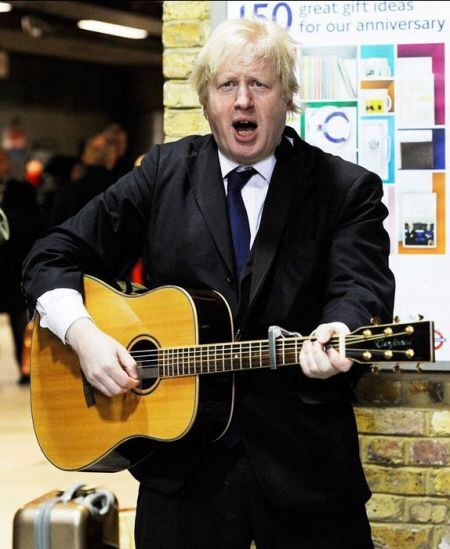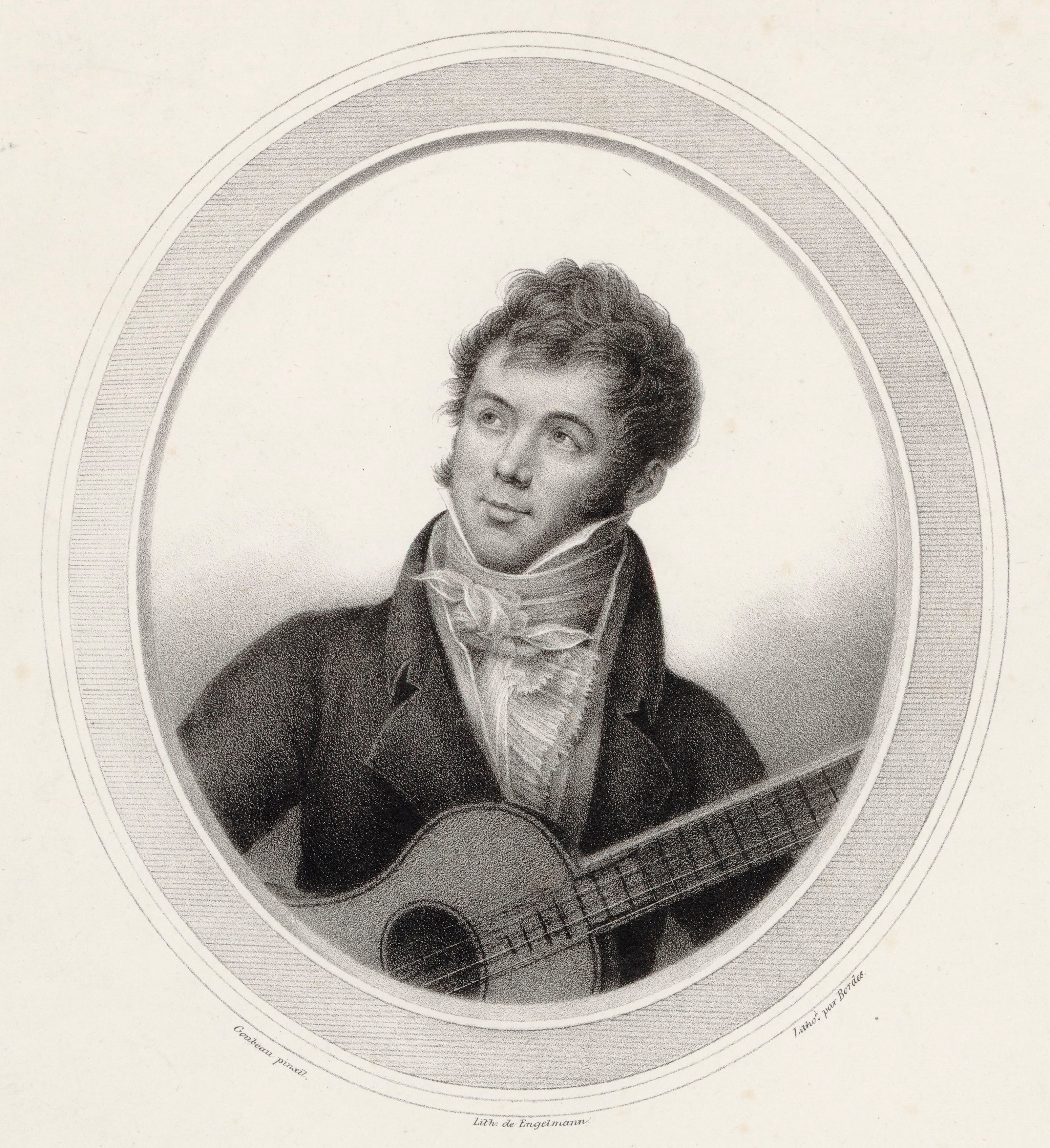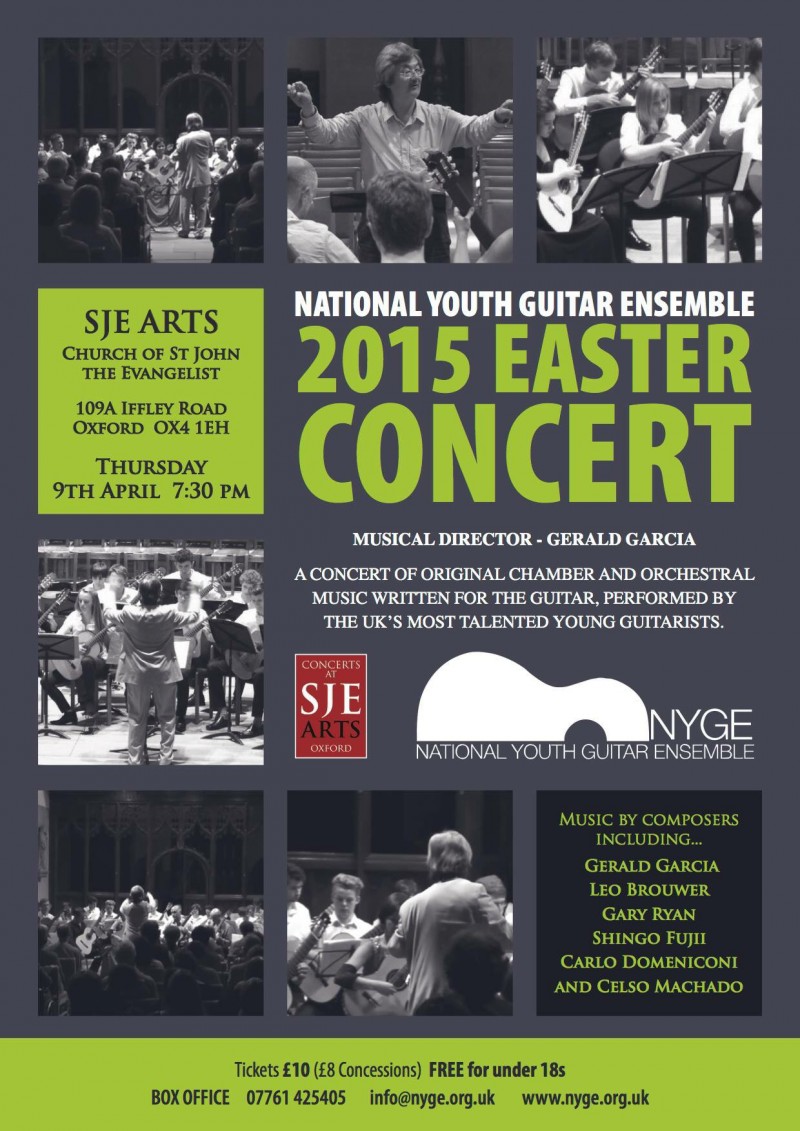
The first guitar and mandolin bands were founded in Italy in the early 1880s. The fashion soon spread to Britain, initially amongst the aristocracy. Victorian social morals did not permit ‘respectable’ British women to play conventional orchestral music in public, but approved of exclusively female guitar and mandolin bands performing for charitable purposes. In 1886, Lady Mary Hervey and Miss Augusta Hervey formed the first British ladies’ band, which for more than two decades gave regular performances of serious classical music in London’s major concert venues, and was conducted by Europe’s leading mandolin virtuosos: Ferdinando de Cristofaro, Leopoldo Francia, Enrico Marucelli and Edouardo Mezzacapo.
During the 1890s, hundreds of similar ladies’ bands were formed across Britain, mostly by middle-class women. The quality of musicianship varied widely, but some were undoubtedly of a high musical standard. The Clifton ladies’ band, led by Mabel Downing, maintained a considerable reputation in the Bristol area, while Clara Ross’s band was highly regarded by fashionable London society. Clara composed most of her band’s music, and became one of Britain’s most popular composers for mandolin. She subsequently emigrated to the USA where, as Clara Ross-Ricci, she became a noted singing teacher and composer for women’s voices. By the late 1890s, as British society was becoming more liberal, more mixed-gender ensembles appeared, although most bands were still overwhelmingly female. The largest was the Polytechnic Mandoline and Guitar Band, founded in London in 1891, which regularly gave concerts with as many as 200 performers and continued performing into the 1930s.
Here is the link to this fascinating article by Paul Sparks – a curious chapter in the history of plucked instrument ensemble, many of which are still around today.
I am particularly interested to know of the works of Madame Sydney Pratten, whose pieces I have recorded, and of course,the guitar ensemble aspect. (Please see diary for schedule of the National Youth Guitar Ensemble!).
Many thanks to Nigel Warburton for drawing my attention to this article.








 From an article in
From an article in 
